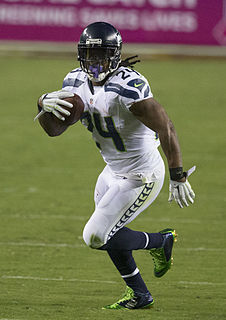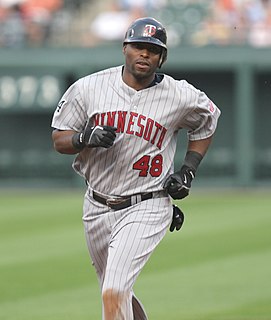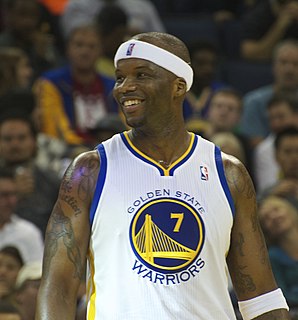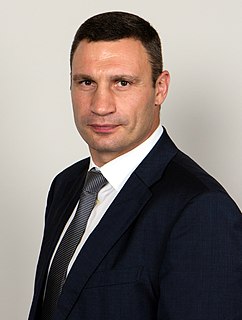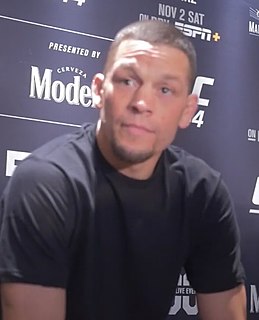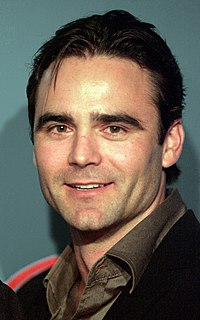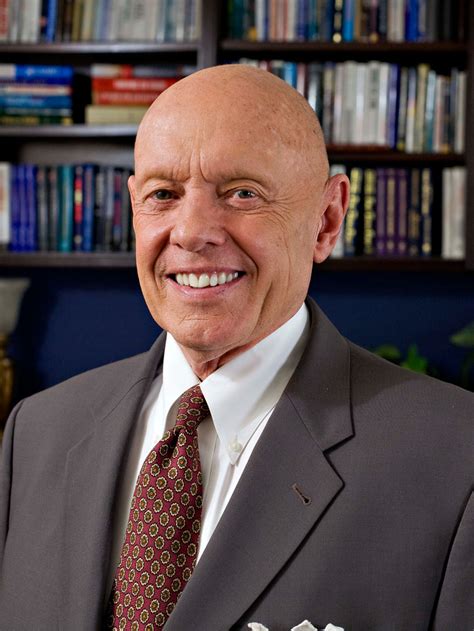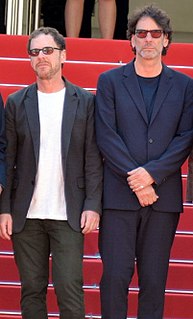A Quote by Marshawn Lynch
The Seahawks, their front office gets in the media; they talk a lot.
Related Quotes
Working with lots of old media clients, I've had a front-row seat on the ascension of new social players and the decline of traditional news outlets. And it's clear to me that old media has an awful lot to learn from social media, in particular in five key areas: relevance, distribution, velocity, monetization, and user experience.
Sometimes the difference between two candidates is an important one in the immediate sense, and then I believe trying to get somebody into office, who is a little better, who is less dangerous, is understandable. But never forgetting that no matter who gets into office, the crucial question is not who is in office, but what kind of social movement do you have. Because if you have a powerful social movement, it doesn't matter who is in office.
People like to talk a lot about me, about how I have anxiety or social disorders. I'll admit to anxiety, but it has nothing to do with media or being in front of a camera or being around people. It has to do with dealing with the sparring that I'm going to have or the workouts that I'm going to have from day to day.
He's not in a very good mood," said Luke, pausing in front of a closed door. "I shut him up in Freaky Pete's office after he nearly killed half my pack with his bare hands. He wouldn't talk to me, so"—Luke shrugged—"I thought of you." He looked from Clary's baffled face to Simon's. "What?" "I can't believe he came here," Clary said. "I can't believe you know someone named Freaky Pete," said Simon. "I know a lot of people," said Luke. "Not that Freaky Pete is strictly people, but I'm hardly one to talk.
McLeod's Daughters was my first regular job out of drama school, and my first full-time role. That was great because I learned a lot, in terms of working in front of the camera. I learned a lot of technical aspects that you take for granted once you know them, but you have to learn them somewhere, along the way. It was a bit of a training ground for me, working in front of the camera and also dealing with media.
